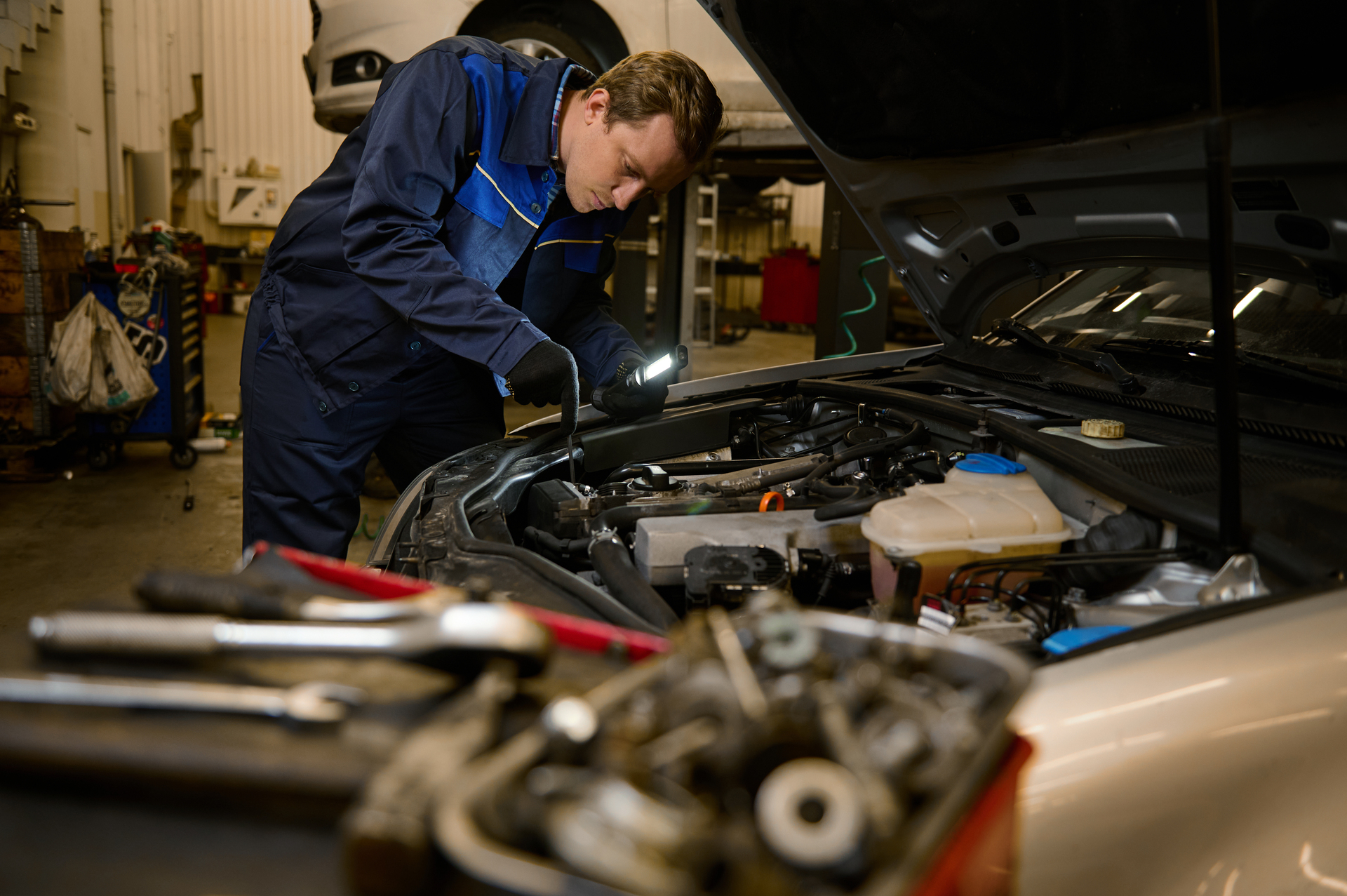
Automotive Care 101: Essential Maintenance for Every Car Owner
The art of maintaining a vehicle may seem like a complex endeavor, especially if you're new to car ownership. However, just like mastering any new skill, understanding the basic principles of automotive care can turn this seeming complexity into a manageable task. Regular vehicle maintenance not only extends your vehicle's lifespan but also ensures safety, efficiency, and dependable performance. In this extensive guide, we delve into the key aspects of vehicle maintenance that every car owner should master.
Understanding Your Vehicle
Before delving into specific maintenance tasks, it's essential to understand that every vehicle is unique. As such, it's crucial to familiarize yourself with your specific vehicle's maintenance requirements. Your vehicle's user manual is a gold mine of information in this respect, outlining the manufacturer's recommended maintenance schedule and providing detailed instructions on certain maintenance tasks.
Regular Maintenance Checks
Regular maintenance checks are the backbone of preventative vehicle care. They help identify potential issues before they evolve into serious, costly repairs. Here are some checks you should be conducting frequently:
1. Oil and Fluid Checks: These should be done at least once a month. Engine oil, coolant, brake fluid, power steering fluid, and transmission fluid are all vital for your vehicle's performance and longevity. Regularly check fluid levels and top them up as necessary, remembering that some may need professional assistance.
2. Tire Pressure and Treads: Maintaining the right tire pressure helps ensure optimal fuel efficiency, handling, and tire longevity. Check your tire pressure monthly, and always before long trips. Additionally, inspect tire treads for wear, as worn-out tires can compromise safety.
3. Lights: All your vehicle's lights, including headlights, tail lights, brake lights, and turn signals, need to be in working order for your safety and others on the road. Check these regularly, ideally weekly.
4. Windshield Wipers: Wipers are essential for your visibility during adverse weather conditions. Replace them every six months, or sooner if they start leaving streaks on your windshield.
Scheduled Maintenance
Some maintenance tasks should be done after a specific interval or mileage. These are typically more involved and may require a professional mechanic. However, they're crucial for the health and performance of your vehicle.
1. Oil and Filter Change: Oil lubricates the moving parts of your engine, while the oil filter keeps the oil clean by trapping debris. Typically, these should be changed every 3,000 to 7,500 miles, depending on your vehicle and the type of oil you use.
2. Tire Rotation and Alignment: Regular tire rotation helps ensure even tire wear, thereby prolonging their life. Alignment, on the other hand, keeps your vehicle driving straight and enhances fuel efficiency and tire lifespan. The frequency can depend on your driving habits and conditions but generally, rotation should be done every 5,000 to 8,000 miles, and alignment checked at least once a year.
3. Brake Check and Replacement: Your brakes are crucial for safety. Have them inspected once a year, and replace brake pads, rotors, or other components as recommended by your mechanic.
4. Battery Check: While batteries don’t require maintenance, they do have a lifespan (typically 3-5 years). Have it checked during your annual service to ensure it's in good shape.
5. Air Filter Replacement: A clogged air filter can affect your engine's performance and fuel economy. Typically, it should be replaced every 12,000 to 15,000 miles, but check your owner's manual for specifics.
Preventative Care
Preventative care is about maintaining your vehicle in a way that prevents damage and wear. It extends your vehicle's lifespan and keeps it looking and performing its best. Some preventative care tips include:
1. Regular Cleaning: Regularly washing and waxing your car prevents buildup of damaging substances like bird droppings, tree sap, road salt, and more. Don't forget to clean the interior too.
2. Avoiding Short Trips: Short trips, particularly in cold weather, can be tough on your engine because it doesn't have time to reach its optimum operating temperature. Where possible, combine short errands into one longer trip.
3. Safe Driving: Aggressive driving, such as hard braking and accelerating, not only wastes fuel but also puts extra strain on your vehicle. Drive smoothly for the longevity of your vehicle.
Keeping Records
Finally, keeping records of all maintenance and repairs performed on your vehicle is a great habit. Not only does it help you keep track of when your next service is due, but it can also increase your car's resale value as it demonstrates to potential buyers that the vehicle has been well-maintained.
Conclusion
Automotive care need not be a daunting task. With a solid understanding of the basic principles and a commitment to regular checks and maintenance, you can ensure your vehicle remains reliable, efficient, and safe. While some tasks may require professional help, many are simple checks and preventative measures that you can perform yourself, saving you time and money. So take the wheel, and take control of your vehicle's health and performance. Happy driving and maintaining!

